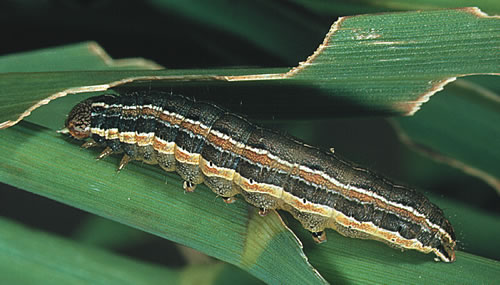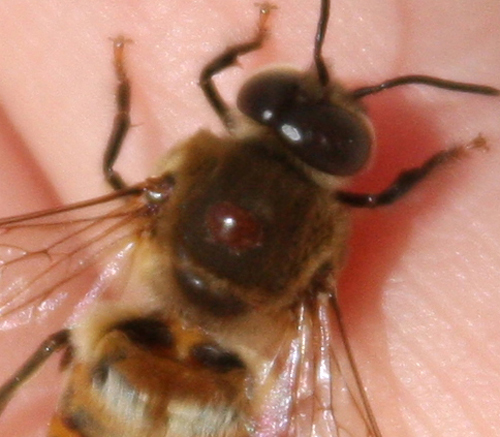 CAES News
CAES News
Mites key to bee problem
Nearly 30 percent of all honeybees literally disappeared last winter, fleeing their hives never to return. Researchers have studied colony collapse disorder since it was identified in 2006. They are now uncovering answers to this problem.

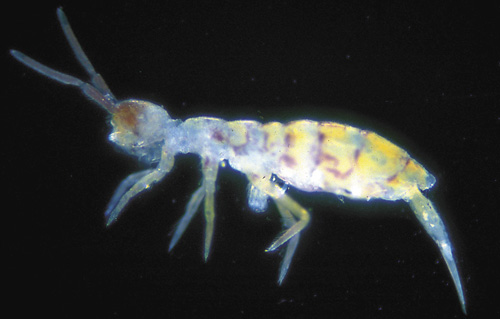
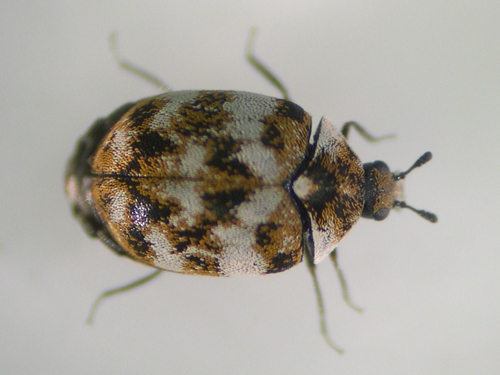
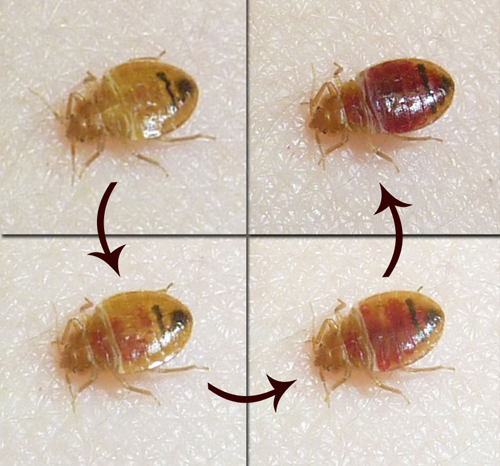
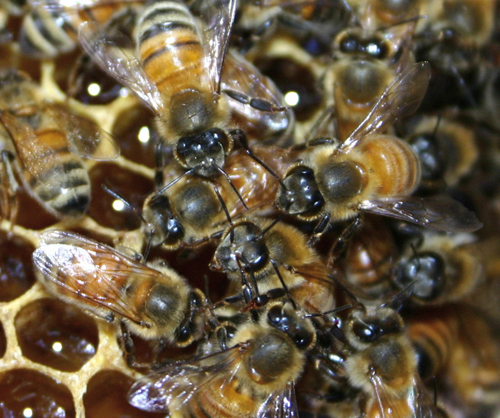
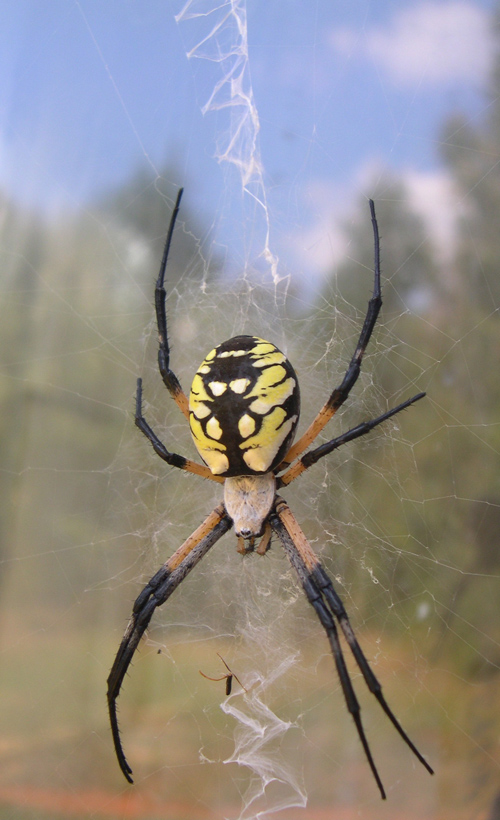
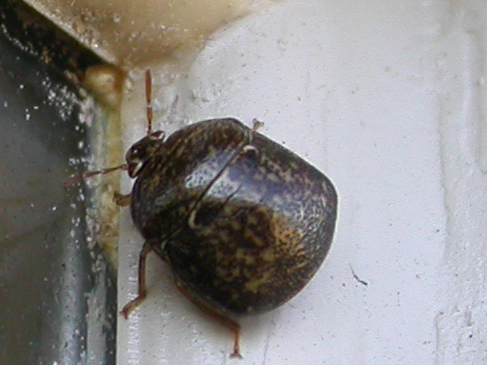
.jpg)
